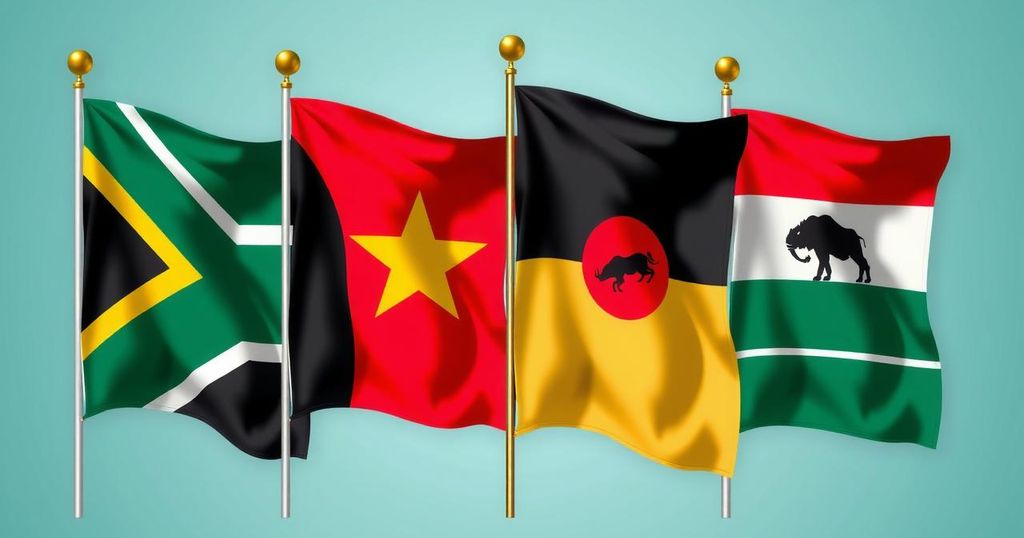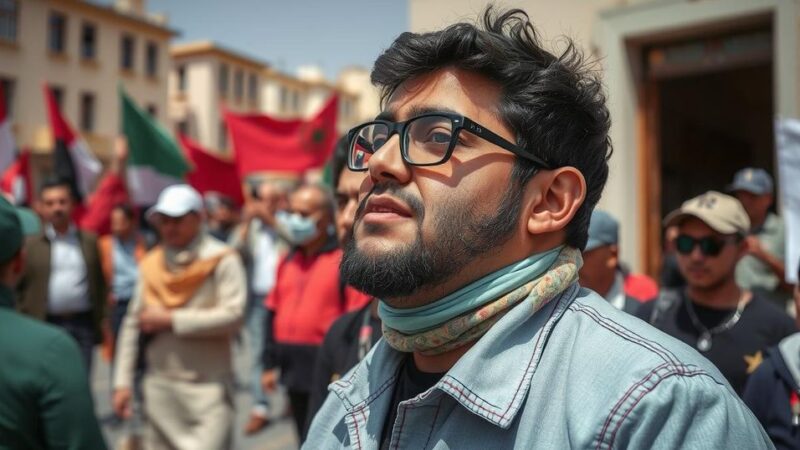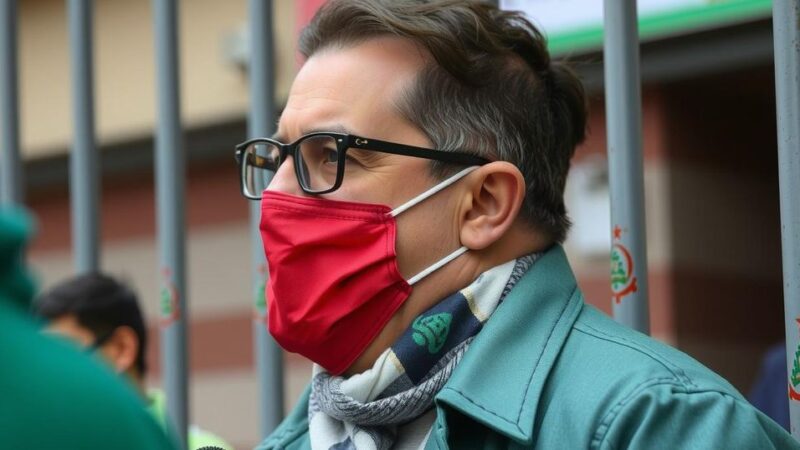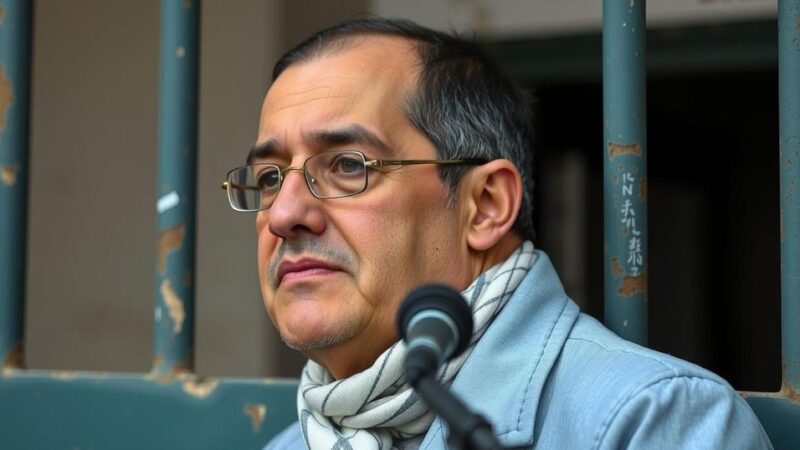The 2024 elections across Southern Africa highlight a potential shift in political dynamics as citizens increasingly demand change. The ANC’s loss of majority in South Africa, UDC’s victory in Botswana, protests against Frelimo in Mozambique, and SWAPO’s continued dominance in Namibia reflect the tensions between historical legitimacy and contemporary voter expectations. Economic grievances, social inequality, and political mismanagement drive calls for renewal, suggesting incumbents may face challenges to maintain stability and legitimacy in the future.
The results of the 2024 elections across Southern Africa underscore a significant political transformation, notably in South Africa, Botswana, Mozambique, and Namibia. Each nation exhibits unique attributes that complicate the narrative of a general trend towards political renewal. In South Africa, the African National Congress (ANC) lost its majority for the first time, necessitating a coalition government. Analysts suggest this development may signify the region’s transition from the dominance of former liberation movements to a new era of governance. This shift is exemplified by the rise of the uMkhonto weSizwe movement, drawing support through appeals to Zulu nationalism and addressing the frustrations of marginalized groups.
Conversely, Botswana’s political landscape has shifted with the Umbrella for Democratic Change (UDC) claiming a parliamentary majority, signaling dissatisfaction with the ruling Botswana Democratic Party (BDP). Economic grievances, particularly among the youth, have informed electoral decisions as voters seek a departure from longstanding governance characterized by social inequality and economic mismanagement. With a high unemployment rate and a vulnerable economic situation reliant on diamond exports, the new administration faces immediate challenges in addressing these pressing issues.
In Mozambique, despite the recurring power of the Frelimo party, protests and calls for electoral annulment reflect a burgeoning demand for change among the populace, particularly among the urban middle class. The emergence of opposition figures like Venâncio Mondlane indicates a growing division between the ruling establishment and those advocating for increased political representation and reform. This situation is compounded by ongoing violence and instability from regional conflicts, intensifying calls for justice and accountability from the government.
Namibia’s recent elections yield mixed conclusions, as the South West Africa People’s Organisation (SWAPO) maintains its long-standing dominance. The candidacy of Netumbo Nandi-Ndaitwah, a prominent female figure within the party, introduces a semblance of freshness in a government otherwise criticized for failing to meet the changing demands of its constituents. Nonetheless, the ruling party’s ability to sustain its support underlines the complex dynamics defining Southern Africa’s political landscape, where the electorate’s call for renewed governance continues to intensify.
The electoral outcomes across Southern Africa reflect a broader discontent with established political narratives, as citizens grapple with unemployment, social inequality, and the lingering legacy of liberation movements. The changing political dynamics signal that incumbent parties may no longer rely on historical legitimacy, emphasizing the need for responsive governance to address contemporary challenges effectively.
The political landscapes in Southern Africa, particularly in South Africa, Botswana, Mozambique, and Namibia, are undergoing significant shifts marked by the 2024 election outcomes. These elections have illuminated the growing demands for political renewal and accountability from electorates across the region, traditionally dominated by former liberation movements. As economic grievances and social disparities come to the forefront, particularly among youth and marginalized groups, ruling parties must adapt to changing voter expectations. The outcomes underscore a trend of increasing scrutiny towards long-standing political establishments, necessitating a deeper exploration of electoral behaviors and socio-political contexts.
In summary, the 2024 elections across Southern Africa reveal a complex interplay between tradition and the urgent demand for political change. The decline of the ANC in South Africa, the rise of opposition in Botswana, protests in Mozambique, and the sustained dominance of SWAPO in Namibia collectively exemplify a regional electorate increasingly dissatisfied with old political narratives. Facing significant social and economic challenges, incumbent parties must reassess their approaches and strategies to maintain legitimacy and secure their positions in an evolving political landscape.
Original Source: www.fairobserver.com







